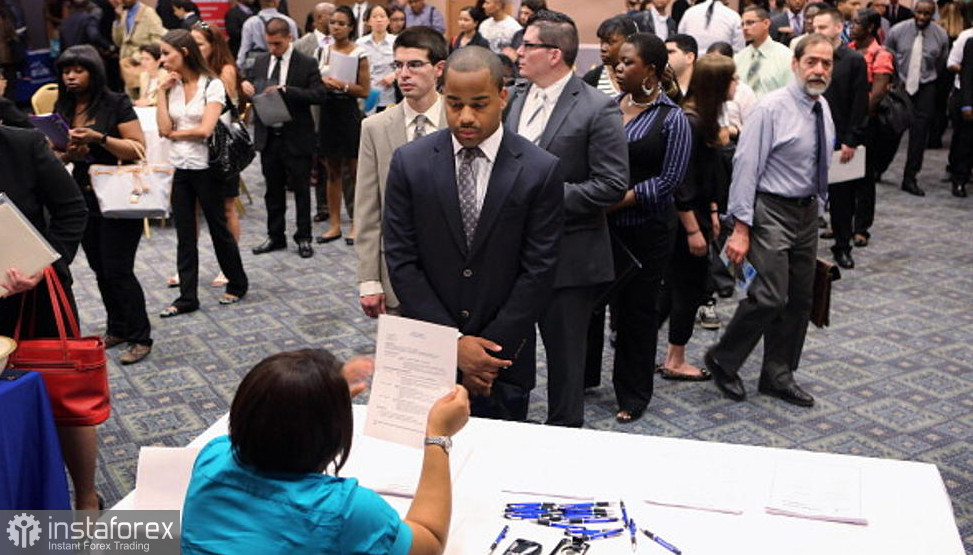Applications for state unemployment insurance in the United States are growing for the second consecutive week, showing records for two months. This goes against all the preliminary forecasts of economists for this month.
Initial applications for US benefits exceeded analysts' expectations
According to the Ministry of Labor on January 13, initial applications for unemployment benefits for the week ending January 8 amounted to 230,000. This is 23,000 more than in the previous period. The average estimate in a survey of economists conducted by various research organizations provided for the submission of 200,000 applications.
Recall that in the week ending January 1, the number of ongoing applications for state benefits fell to 1.6 million.

Reasons for unexpected growth
Economists believe that an increase in the number of applications for unemployment benefits may indicate that businesses are laying off employees as a result of the recent surge in coronavirus infection. Restrictions imposed on public institutions and office premises force employers to reduce staff in order to prevent mass infections and get rid of unnecessary salary burden.
Nevertheless, experts continue to insist that the surge should be short-lived, as the latest wave of Covid-19 subsides, and employers continue to insist on retaining staff in the face of ongoing labor shortages. In addition, although there are more and more infected, mortality remains at the same level, which forecasters consider a sign that Covid infection is becoming more endemic.
Thus, the number of requests for medical care increased to 419,446 last week, which is the highest figure since May. California, New York and Texas are leading among the states with highs.
According to economist Eliza Winger, "the surge in Covid cases is causing temporary closures of businesses, which probably pushed some affected workers to apply for unemployment benefits." "Most businesses are open, although they operate with limited capacity," she says.
The jump may also reflect difficulties adapting to seasonal effects during the holidays, which makes the claims data for recent weeks difficult to interpret. Production restrictions could have been affected due to rising energy prices.
Other possible reasons
However, there is another reason that economists say little about. It turned out that in December, the migration of workers reached a peak, which was also associated with the outbreak of the pandemic, wage growth and other factors.
Is the increase in cases of applying for benefits caused by mass migration? Perhaps employers who promised places at the end of December are starting to withdraw applications for vacancies due to inflation and coronavirus? In this case, employees counting on a broader labor market found themselves without attractive offers from employers, although officially the shortage of workers has peaked?
If so, we will see a further increase in the number of unemployment benefits. It seems that the talk about wage growth and the strong need of enterprises for fresh forces is a bit exaggerated.





















